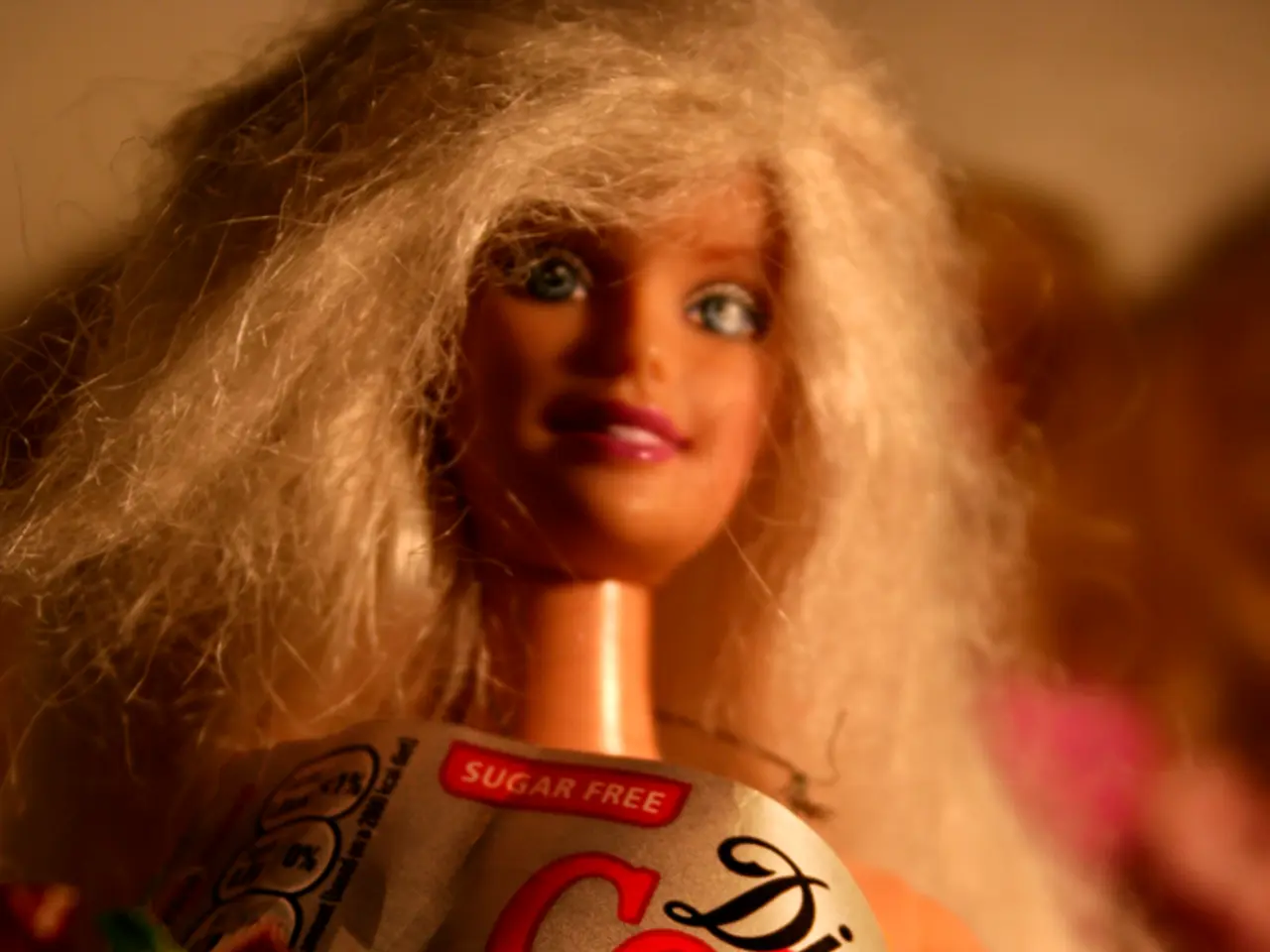Mother openly discusses her decision to administer weight loss injections to her 11-year-old daughter, disclosing the reasons behind her choice
In a surprising turn of events, Ashley Hamilton, a mother from Idaho, has come under scrutiny for her decision to place her 11-year-old daughter, Sophia, on weight loss medication. The Hamiltons shared their story on the July 21 episode of "This Morning," discussing their struggles with weight loss and the controversial decision that has sparked debate.
Sophia Hamilton, who had been a victim of school bullying, revealed that the taunts made it difficult for her to look at herself in the mirror. This, coupled with a picture of her mother at age 12 that Ashley found distressing, led Ashley to take action.
Ashley claimed to have gathered enough data on the product before allowing her daughter to use it. Interestingly, she had used the weight loss medication herself before giving her daughter the green light. However, the medication being discussed, Mounjaro, is not currently approved for use in children for any indication, including weight loss. Its primary approval is for adults with type 2 diabetes.
Dr. Zoe Williams, the medical consultant on This Morning, discussed the Hamiltons' story. She mentioned that Sophia Hamilton had insulin resistance and pre-diabetes. For some people like Sophia, Dr. Williams suggested, it's a genetic thing, and the medication has been helpful. However, she also stressed the importance of weighing the risks and potential risks of a medication against the risks and potential risks of doing nothing.
Sophia started to lose weight and noticed inflammation in her face, arms, and hands after starting the medication. Initially, Ashley found it 'not difficult at all' to make the decision for Sophia to take the weight loss medication. However, Sophia had to be constantly reminded to eat by her mother when she first started injecting herself.
The Hamiltons' appearance on "This Morning" has sparked a heated debate, with some praising Ashley for taking action to help her daughter, while others have criticised the decision as extreme and potentially harmful. Regardless of the opinions, it's clear that the Hamiltons' story serves as a reminder of the complexities and challenges that families face when dealing with weight issues, especially in children.
[1]: Glucagon-Like Peptide-1 Receptor Agonists: An Overview [2]: Tirzepatide: A New Dual GLP-1/GIP Receptor Agonist for Type 2 Diabetes [3]: Tirzepatide: A Novel Glucagon-Like Peptide-1 Receptor Agonist and Glucose-Dependent Insulinotropic Polypeptide Receptor Agonist for the Treatment of Type 2 Diabetes [4]: Tirzepatide in the Treatment of Type 2 Diabetes: A Review
- The controversy surrounding Ashley Hamilton's decision to put her 11-year-old daughter, Sophia, on weight loss medication has led to a debate about the use of Glucagon-Like Peptide-1 Receptor Agonists, such as Tirzepatide, in children's health-and-wellness and mental-health contexts, besides their primary approval for adults with type 2 diabetes.
- Sophia's case, as discussed on "This Morning," highlights the potential benefits and risks associated with Tirzepatide therapies-and-treatments, particularly for children with insulin resistance and pre-diabetes, and the need for comprehensive research on the impact of such treatments on mental health, lifestyle, and science.
- As the debate over the Hamilton family's story continues, it is crucial to weigh the news of Tirzepatide's effects on weight management against the available research on the medication's long-term effects on children's health and well-being, ensuring informed decisions about treatments for their mental health and overall wellness.




